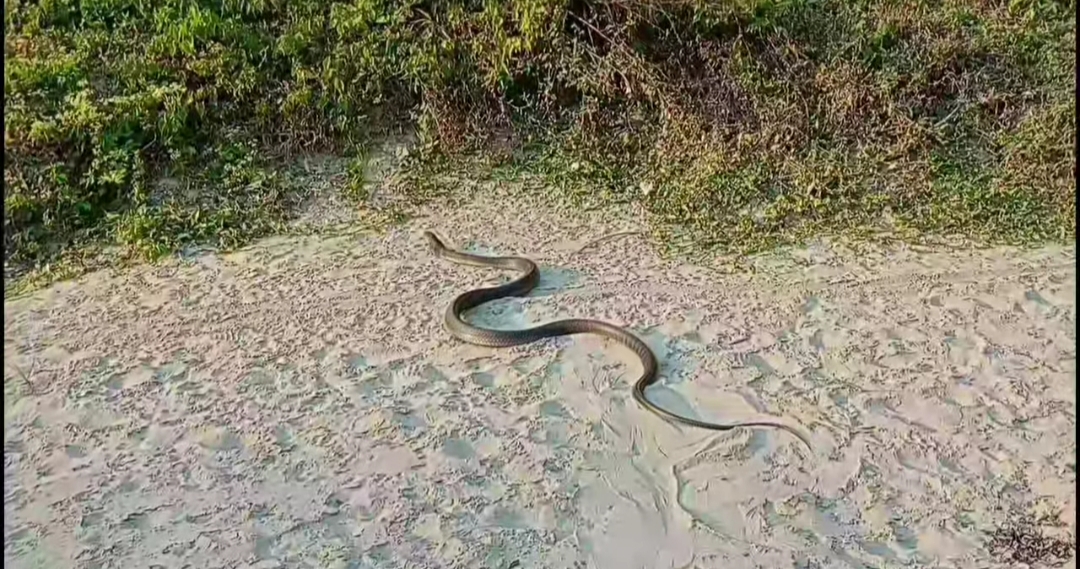Kathmandu, June 01, 2025
Snakebites remain a pressing public health issue in Nepal, particularly in rural regions like the Tarai, where they account for significant mortality and morbidity. Despite government efforts, systemic gaps and socio-cultural barriers continue to hinder progress in combating this preventable crisis.
According to official data, Nepal documented 9,346 snakebite cases in the fiscal year 2021/22, with 926 identified as venomous. However, the World Health Organization estimates the actual figures to be far higher, with around 20,000 annual cases and over 1,000 fatalities. Many victims, particularly women and children, succumb to snakebites before reaching medical care.
Key Challenges
1. Underreporting and Limited Data: A lack of accurate data obscures the true scale of the crisis.
2. Healthcare Access: Delayed treatment due to remote locations and poor transportation infrastructure is a major contributor to high mortality rates.
3. Traditional Practices: Many communities rely on traditional healers, delaying effective medical intervention.
4. Inadequate Medical Facilities: A shortage of antivenom and intensive care units limits the ability to treat severe cases.
5. Economic Strain: Despite free antivenom, associated treatment costs can reach up to NPR 700,000, placing a heavy burden on families.
Government Initiatives
Aligning with the World Health Organization's target of reducing snakebite-related deaths and disabilities by 50% by 2030, the Nepalese government has undertaken several initiatives:
Expanding Treatment Centers: Efforts are underway to establish additional snakebite treatment facilities in high-incidence areas.
Raising Awareness: Public education campaigns aim to inform communities about snakebite prevention and the importance of timely medical care.
Training Programs: Healthcare workers are being trained in snakebite management to improve treatment outcomes.
Community Role and Preventive Measures
To mitigate the risks of snakebites, communities can adopt preventive practices such as maintaining clean surroundings to deter snakes, wearing protective clothing while working in fields, and using flashlights during nighttime activities. Prompt medical attention following a bite is crucial to saving lives.
The Path Ahead
While the Nepalese government has made commendable strides, addressing the snakebite crisis requires a coordinated effort between authorities, healthcare providers, and communities. Investments in healthcare infrastructure, public education, and research on snake species-specific antivenom are essential to reducing the toll of snakebites in Nepal.
As Nepal works towards achieving the WHO's 2030 target, a collaborative approach that integrates modern medical practices with community education will be pivotal in ensuring a safer future for its rural populations.